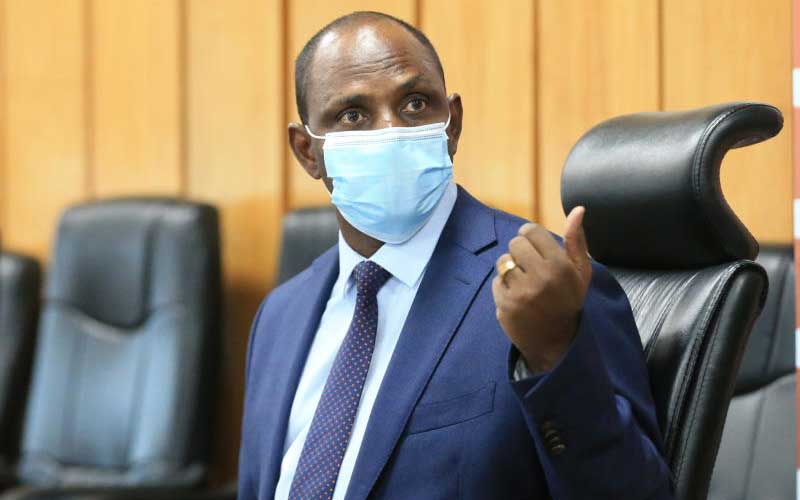×
The Standard e-Paper
Fearless, Trusted News

Treasury Cabinet Secretary Ukur Yatani. [Stafford Ondego, Standard]
The government will borrow Sh275 billion from three international financial institutions to cushion Kenyans and the economy from the negative impact of Covid-19.